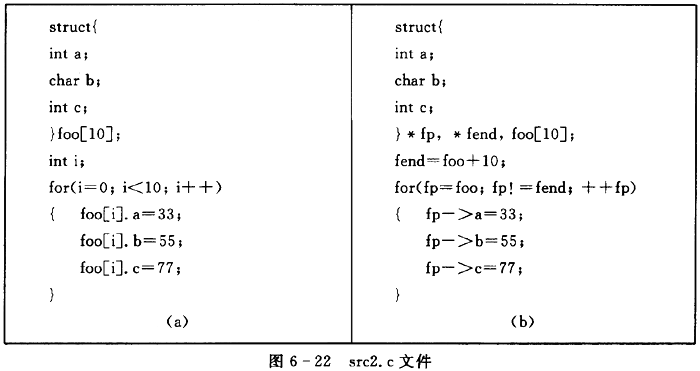Talking to Teachers—Teachers are just people.Behind that desk, is a living, breathing human being.And just like any human being, they will probably be friendly to people who talk nicely to them.Teachers also seem to get along better with children who take schoolwork seriously and are prepared for class.And, just like any other human being, teachers like to be appreciated.The next time your teacher helps you solve a math problem or figure out a science project, say thank you with a smile.
Talking to Parents—Parents can be very supportive if their children ask for help.If you think there’s something your parents can do to help you socialize more or feel more comfortable around people, then ask them.Very often, parents want very much to help, but really don’t know what to do.Pick a quiet time of the day and ask to talk.Tell them how you feel.Maybe they had the same trouble when they were kids.
Talking to Stranger —This is always a tough one.How do you deal with a neighbor, the mail carrier, or someone walking down your street—situations that often seem to cause arguments between kids and parents.The answer to these questions will vary(变化) from kid to kid, from parent to parent because all cultures are different.Some folks live in small towns where a hello to everyone is “what’s done”.Then there are kids who live in the city who may have been taught not to speak to anyone they don’t know.If you’re having trouble with this and always feel awkward in these kinds of situations, you might want to talk to your parents or a teacher about it.Where do they think you should draw the line(线)? When is silence rude and when is it wise?
小题1:From the first paragraph we may learn that teachers dislike____ .
A.being talked to nicely
B.their students to be serious with the schoolwork
C.the students’ appreciation
D.the students who are not ready for classes小题2:If your parents are not supportive and you are not getting along quite well with your parents, who or what is to blame(该受责备)?
A.Your parents. B Yourself.
C.Lack of communication. D .Your teachers.
小题3:The underlined word in the third paragraph is close in meaning to____.
A.fond
B.puzzled(困惑的)
C.frightened
D.willing小题4:The passage doesn’t say but it implies that in daily communication____.
A.arguments often happen between kids and parents
B.we should talk to the neighbors and other people according to different cultures
C.city people and country people greet in the same way
D.we should fit(使…符合) our words with proper situations

